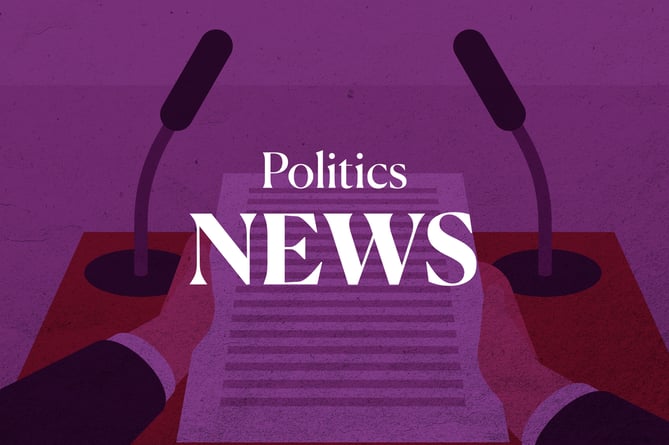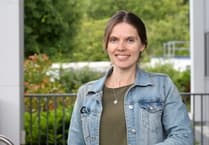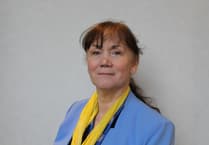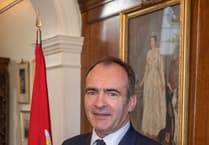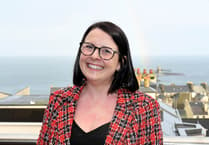The Department for Enterprise has published its 2022-2032 Visitor Economy Strategy online.
The department is aiming to grow our annual visitor numbers to 500,000 by 2032 and increase the annual economic contribution of the island’s visitor economy to £520m.
To achieve this, the strategy states we will need to attract an additional 170,500 visitors per year compared to 2019.
In 2019, the Isle of Man welcomed almost 330,000 visitors who spent around £142m during their stay and journey to and from the island.
Increasing visitor numbers so dramatically should result in a ‘more than doubling of annual visitor spending on the island to £310m, which will support an increase in visitor economy jobs to 5,000 and generate an annual exchequer benefit of £49m’.
The strategy reveals that the island is ‘significantly underperforming as a holiday and short break destination’.
In 2019, only 56,500 people visited for these purposes, representing a market penetration rate of just 0.5%.
The DfE’s market research shows that the cost of travel to the island is perceived as a barrier for a significant proportion of our target holiday and short break visitors.
Our visitor accommodation on offer is also ‘lagging behind our competitor destinations in terms of quality, choice and innovation’.
The department will target four key UK and Irish holiday and short break markets in order to achieve visitor economy growth:
l Traditional travellers - our current core market of returning
and regular visitors.
l Curious explorers - emptynesters and older couples that
like to take holidays off the beaten
track and discover new places.
l Experience seekers - pre-family couples and friends that love to socialise and try new things.
l Family adventurers - families and extended families that want to spend quality time together on holiday.
The initial three years of the implementation of the ‘Our Island, Our Future’ plan will target the traditional travellers and curious explorer markets, with the other markets opening up ‘once the visitor accommodation, attractions and activities products are more developed’.
The strategy document also outlines plans to develop events, talent and visitor products on-island, as well as improving air and sea access.
It states that effective delivery of the plan ‘will require all of the interested government agencies and departments, other bodies, visitor businesses and the travel trade to work in a concerted direction.
Dr Allinson will present the document to Tynwald at its May sitting.
